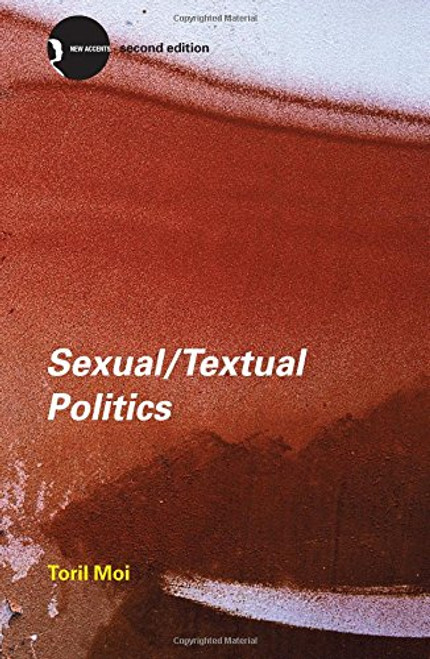A greater part of the feminist movement has considered traditional psychology to be both a product and a defense of the status quo, a patriarchal society. Here, Barbara Hill Rigney explores emerging feminist psychology by applying it to literary works by women who have depicted the relationship between madness and the female condition. The result is a fascinating and illuminating exposition, certain to be welcomed by students and scholars in literature and womens studies, as well as those in sociology and psychology whose interests include feminism and problems of women and society.
Among the works Rigney considers are Charlotte Bronts Jane Eyre, Virginia Woolfs Mrs. Dalloway, Doris Lessings The Four-Gated City, and Margaret Atwoods Surfacing, all of which depict insanity in relation to sexual politics. These authors portray a patriarchal social system which, in itself, manifests symptoms of collusive madness in the form of war or sexual oppression and is thereby seen as threatening to female psychological survival.
Each of Rigneys author subjects sees her protagonist as tragically divided between male societys prescribed roles for women and a sense of an authentic self. Thus emerges a pattern, common to all works, in which the divided self is reflected by the inevitable juxtaposition of the protagonist to a doppelgnger, an insane self, an extension of the protagonist who herself can be regarded as sane only by degree.
A return to true sanity is traced through the patterns found in the selected works. Rigney explores the literary metaphor of the return of Demeter or the Amazon mother to restore the alienated female protagonists. In order to begin the return from psychosis, Rigney concludes, they must find the mother within themselves in the form of a feminist consciousness of self-worth.
Among the works Rigney considers are Charlotte Bronts Jane Eyre, Virginia Woolfs Mrs. Dalloway, Doris Lessings The Four-Gated City, and Margaret Atwoods Surfacing, all of which depict insanity in relation to sexual politics. These authors portray a patriarchal social system which, in itself, manifests symptoms of collusive madness in the form of war or sexual oppression and is thereby seen as threatening to female psychological survival.
Each of Rigneys author subjects sees her protagonist as tragically divided between male societys prescribed roles for women and a sense of an authentic self. Thus emerges a pattern, common to all works, in which the divided self is reflected by the inevitable juxtaposition of the protagonist to a doppelgnger, an insane self, an extension of the protagonist who herself can be regarded as sane only by degree.
A return to true sanity is traced through the patterns found in the selected works. Rigney explores the literary metaphor of the return of Demeter or the Amazon mother to restore the alienated female protagonists. In order to begin the return from psychosis, Rigney concludes, they must find the mother within themselves in the form of a feminist consciousness of self-worth.






